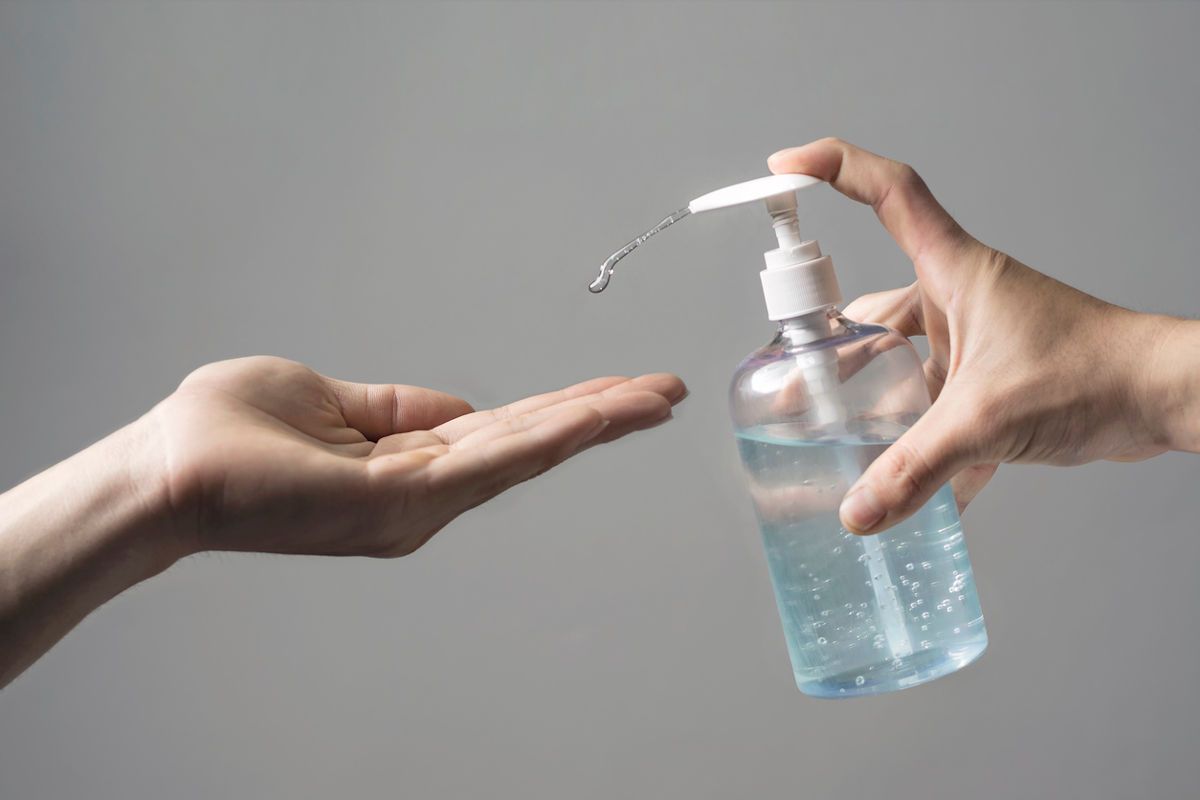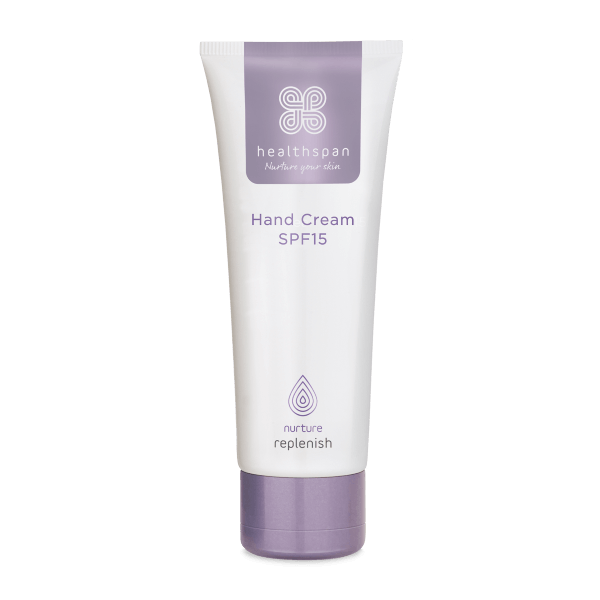The skin on our hands is prone to dryness, and frequent washing and use of gels and sanitisers can leave you with parched mitts. But simple steps can soothe stressed skin, as health and beauty expert Trish Lesslie explains.
Washing our hands has taken centre stage since the start of the pandemic. Experts say a thorough 20-second cleanse kills any trace of COVID-19, helping to slow the spread of contagion in the community.
It's a small price to pay to save lives, but all that frequent handwashing can leave the skin dry, rough or sore. It is possible to follow hygiene rules without harming our hands, however.
Delicate skin
Our hands are naturally prone to dryness, mainly because they lack natural, protective oils. Look closely at the backs of your hands and you'll see there are relatively few hairs – and fewer hairs means drier skin.
That's because hair follicles contain sebaceous glands that create sebum. This sebum provides oils (or lipids) that form a protective barrier on the skin. It also helps bind in moisture. Having fewer natural lipids means the backs of hands are more likely to become dry.
Harsh chemicals
Some ingredients in soaps, gels, washes and wipes can strip the skin of its natural protective oils. Antibacterial hand cleansers can be the worst offenders as they often have high levels of alcohol.
Alcohol is great at killing bacteria and viruses, but it also has an astringent effect on the skin, divesting it of its defensive lipids. Other chemicals such as artificial fragrances can also be bothersome, potentially causing irritation to the delicate skin of the hands.
If you need to use an alcohol-based antibacterial product, check that it has added natural ingredients such as glycerin and bergamot and citrus oils to help offset the drying effects of the alcohol.

Some of the ingredients in soaps, washes and gels can strip the skin of its natural protective oils.
Cleanse with care
Although regular handwashing is essential for good hygiene, it can be harsh on our hands. Skin-shielding oils get stripped away each time we wash our hands, so keep them safe from harm by using products that soothe as they cleanse.
Moisturising ingredients such as glycerin can help prevent dryness. Glycerin is also known to soften the skin, countering roughness. Also, natural scents such as essential oils can be kinder to your skin than chemical alternatives.
Because they contain lipids, essential oils can also help to enhance the skin's natural barrier function. Freshly-scented essential oils such as bergamot, lemon, and lime also have natural antibacterial properties, meaning products formulated with these ingredients don't require high levels of harsh chemicals to get the job done.
Exposed to the elements
Not only do our hands work hard, they're also constantly exposed to the elements. Cold and heat, wind and sun can all deplete the skin's natural barrier function, potentially leading to dryness and discomfort.
Counter these effects by using a hand cream regularly, especially after washing. The sun's UV rays cause damage to the skin when you venture outdoors, even on dark winter days, so it's a good idea to apply a hand cream with sun protection factor (SPF) when you're heading out. A hand cream with SPF is more than just a summer essential.

Replenish Hand Cream SPF15
Rich and nourishing cream for mature hands
- Helps give hands a more youthful appearance
- Helps restore skin density
- Includes pro-vitamin B5 for its skin and nail conditioning benefits and antioxidant vitamin E to protect against sun damage.
Looking after your hands
The natural barrier function of our hands is under constant pressure and easily compromised. That makes the skin of the hands susceptible to conditions such as eczema and dermatitis. Taking these simple steps will help to soothe and nourish, protecting your hands from harsh chemicals and the environment.
- Use a cleansing product that will nourish and soothe your skin
- Apply a hand cream after every wash
- Use a night treatment to nourish your hands while you sleep
- Wear gloves when doing housework, especially anything involving contact with hot water and detergents
- Protect your hands from the effects of cold temperatures by wearing gloves when you go out on chilly days
- Always apply a hand cream with SPF when you venture outdoors
Safe handwashing rules
It's a good idea to remove any rings before washing your hands. That way, you'll avoid getting soap and moisture trapped beneath them, which can lead to irritation. To ensure cleansing is less harsh on your hands, also avoid using:
- Water that's too hot
- Cleansers with high levels of ingredients that strip oils
- Rough paper towels to dry hands
- Electric hand dryers that blow out hot air
Check other products you use
It's not just soaps and cleansing gels that can irritate your hands. Shampoos, shower gels and washing-up liquids can also cause problems on contact, especially if they contain sodium lauryl sulphate (SLS).
This lathering agent can disrupt the skin's natural oil barrier, reducing its ability to keep out allergens and other aggressors. A kinder alternative is sodium laureth sulfate (SLES). This is derived from SLS, but is far more gentle on the skin and can leave it feeling soft, smooth and nourished.
Look for skin-friendly formulations with natural fragrances such as essential oils, or opt for unscented varieties – especially if you have very sensitive skin.






